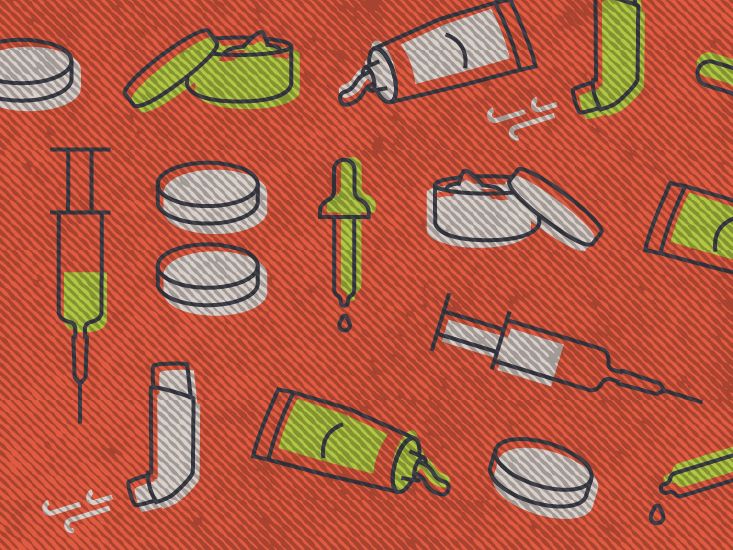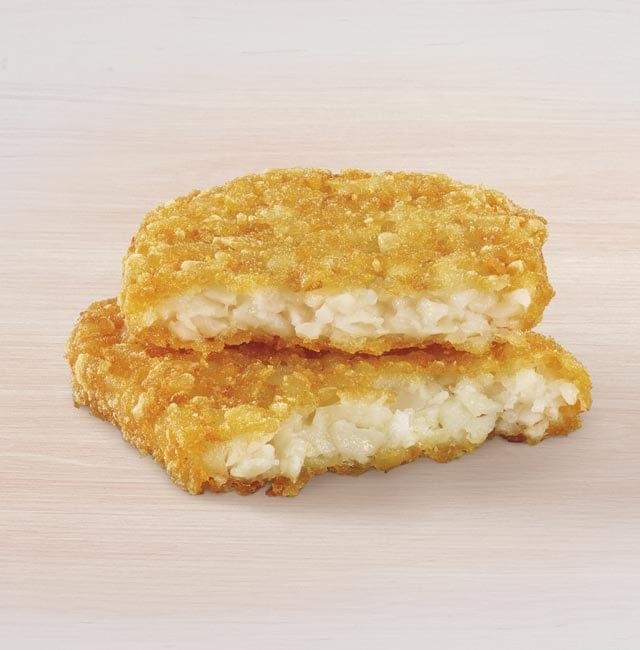Knowing what steps to take if you develop an infection after your wisdom teeth removal is helpful because it enables you to recover faster and minimize the severity of your symptoms. Fortunately, infections are easier to manage if you catch them early and work with your dentist to control the severity.
If you are concerned at any point, feel free to contact Family Dentistry of New Jersey (FDNJ). We have over three decades of experience and are happy to help you manage your dental health.
Signs of Wisdom Tooth Infection
Removing your wisdom teeth requires a professional to extract the teeth at the back of your mouth. Although wisdom tooth root extraction is typically safe and effective, infections can occur. Here are some signs to watch out for:
- Discharge or pus in your mouth: If the extraction site is oozy with yellow or white discharge, there is a strong chance that you may have an infection.
- Bad taste or odorous breath: A foul taste in your mouth and smelly breath are signs of possible infection.
- Pain at the extraction site: While you can expect some discomfort after the procedure, continued or worsening throbbing pain may mean you have an infection — especially if it persists even with the prescribed medication.
- Excessive swelling: If you notice any persistent swelling in your face, cheeks or gums after a few days, there’s a chance you could have an infection.
- Restriction of movement: Limited movement of your jaw and trouble opening your mouth may be signs of infection.
- Persisting fever: A fever may indicate infection, mainly if the fever occurs with other symptoms.
- Swollen lymph nodes: Infection can cause the lymph nodes on your neck or jaw to swell.
If you notice several of these signs after your surgery, it’s best to confirm with and consult your dentist to ensure you catch a potential infection before it worsens.
Checking for Early Stage Wisdom Tooth Infection
The best way to prevent or manage infection is to be present and proactive with these actions:
- Do visual checks: Routinely check the extraction site for signs of swelling or unusual discharge.
- Monitor your temperature: Take your temperature and check for persistent fevers. Temperatures above 100.4 degrees Fahrenheit and 38 degrees Celsius are considered fevers.
- Evaluate the severity of your symptoms: Consider if your discomfort or symptoms are worsening or improving and whether your pain subsides with prescribed pain medications.
Steps to Take When Dealing With an Infected Wisdom Tooth
The best way to manage an infected wisdom tooth is to catch it early, when treatment is often less complicated. Here are some helpful steps you can take if you suspect the extraction site is infected:
- Contact your doctor: Update your oral surgeon or dentist on your condition, reporting any symptoms you have if you suspect an infection. Be specific when detailing your symptomatic experience, and ensure you follow the health care professional’s advice.
- Follow your antibiotic regimen: Your doctor may prescribe antibiotics to counter the infection. It’s important that you complete the entire course and follow instructions. This medication can relieve your symptoms and help prevent the infection from spreading or becoming more severe.
- Rinse your mouth: Rinsing your mouth with warm salt water helps promote healing and can alleviate inflammation. Add half a teaspoon of salt to about 8 ounces of lukewarm water and mix to make the rinse. Gently swish the mixture in your mouth for 30 seconds several times a day.
- Keep up general oral hygiene: Although the wisdom extraction site may be a bit tender, it’s still important to maintain good oral habits. That includes gently brushing your teeth at least twice a day and flossing your remaining teeth.
Additional Ways to Handle a Tooth Extraction Infection
To minimize the impact of your tooth extraction infection, you can take these additional measures:
- Use a cold compress: Apply ice to your jaw and cheek to alleviate pain and any swelling.
- Take pain relievers: You can use over-the-counter pain relievers your dentist approves of to manage your discomfort.
- Eat selective soft foods: Enjoy soft food like bananas, scrambled eggs, oatmeal, smoothies, ice cream, custard, yogurt, mashed potato and flaky baked fish. Avoid spicy, hot or hard food. You should also skip acidic foods and grains or seeds that may be difficult to remove from the extraction site.
- Drink plenty of water: Keep hydrated by drinking water. You can also drink fruit juices and milkshakes. While managing the infection and healing up, avoid alcohol, very hot or cold drinks, and soda.
When to Seek Immediate Medical Attention
If you experience any of the following symptoms, seek immediate medical attention:
- Breathing difficulties: Get professional help if you experience sudden breathing difficulties or struggle swallowing.
- Severe bleeding: If the extraction site continues to bleed, even if you carefully apply pressure, contact your doctor immediately.
- Large sections of facial swelling: Rapidly spreading facial swelling requires immediate attention.
- Uncontrolled pain: You should seek help if you experience persistent, severe pain despite taking prescribed pain medication.
- Worsening symptoms: Contact your doctor if symptoms become more acute.
A condition called dry socket may occur a few days after surgery. Natural blood clots form at the extraction site. These clots may dislodge before the area is healed, exposing the wisdom tooth nerve and causing dry socket. This condition causes a throbbing ache and may result in a bad taste in your mouth. Contact your dentist if you think you have dry socket. Your dentist may need to flush debris from the area and add a medicated dressing.
Get Professional Wisdom Tooth Extraction Care With FDNJ
Wisdom teeth removal is typically a routine procedure, and you can minimize the risk of infection by following your doctor’s instructions. The key to post-extraction care is vigilance. Monitor signs and symptoms and contact your doctor quickly when you suspect you may have an infection. Also, remember to practice good oral hygiene!
If you need help from trusted professionals, request an appointment for family dentistry. We’re passionate about our patients and will happily answer any questions you have.









